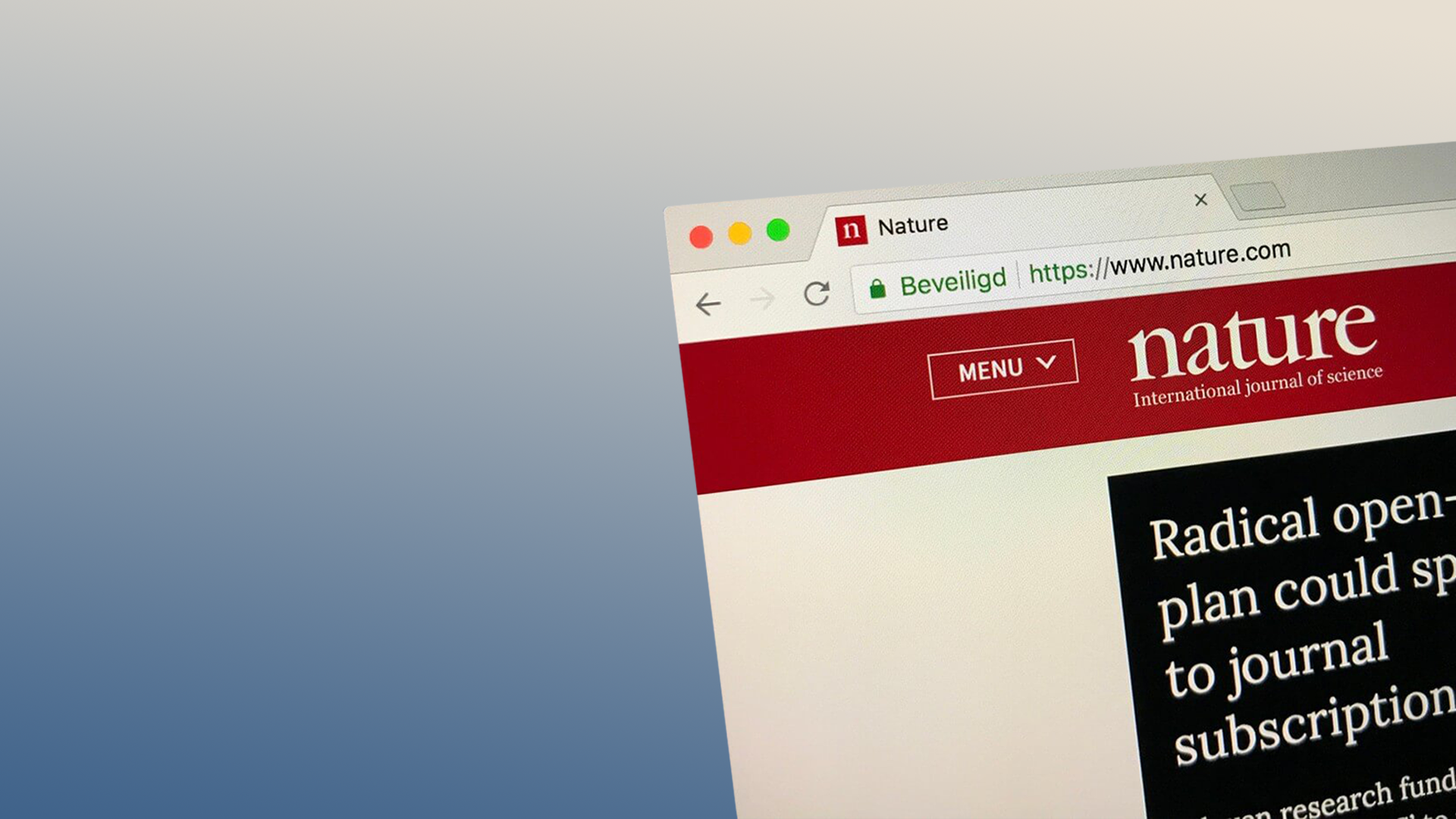
GMI小孢子靈芝免疫調節蛋白質結合多種創新技術,
己取得結構,檢驗與多種應用專利,同時持續累積發表學術文獻並取得多項國際認證。
Insulin-like growth factor-1 (IGF-I) promotes breast cancer (BC) progression by activating the phosphatidylinositol 3-kinase (PI3K)/Akt pathway, which enhances invasion and migration through β-catenin-mediated epithelial-mesenchymal transition (EMT). Triple-negative breast cancer (TNBC), an aggressive BC subtype lacking hormone receptors and HER2 expression, exhibits high metastatic potential, poor prognosis, and limited therapeutic options. The recombinant fungal immunomodulatory protein from Ganoderma microsporum (rFIP-GMI) possesses anti-inflammatory, anti-allergic, and anticancer activities; however, its role in suppressing tumor invasion and migration remains unclear. In this study, we investigated the molecular mechanism of rFIP-GMI in TNBC cell lines, Hs578T and MDA-MB-231. Cell invasion and migration were evaluated using Boyden chamber and Transwell migration assays, while Western blot analysis and nuclear/cytoplasmic fractionation were employed to analyze protein expression and β-catenin localization. rFIP-GMI significantly inhibited IGF-1-induced invasion and migration in both TNBC cell lines. Mechanistically, rFIP-GMI suppressed PI3K and Akt phosphorylation, thereby activating glycogen synthase kinase-3 beta (GSK3β) and promoting β-catenin phosphorylation and degradation. This led to reduced nuclear β-catenin accumulation and downregulation of oncogenic targets, including c-Myc, cyclin D1, and MMP-9. Conversely, treatment with the proteasome inhibitor MG132 confirmed that rFIP-GMI stabilized cytoplasmic β-catenin phosphorylation and blocked its nuclear translocation. Collectively, these findings demonstrate that rFIP-GMI inhibits IGF-1-driven invasion and migration in TNBC by inactivating the PI3K/Akt/β-catenin axis, highlighting its potential as a therapeutic agent for this aggressive TNBC subtype.
資料來源: https://doi.org/10.1002/ddr.70202